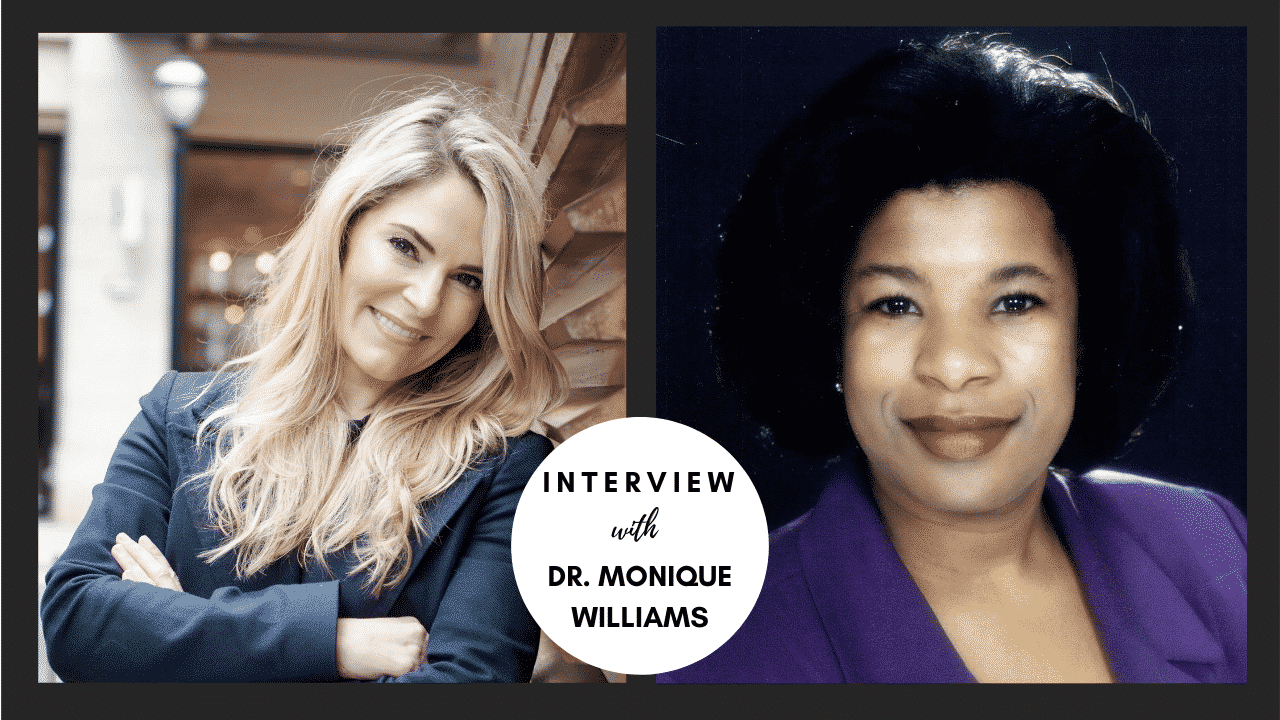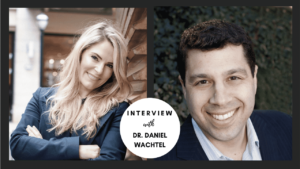With COVID rates on the rise, and African American and Latinx folks 2-3 times more likely to have COVID than White Americans, I wanted to bring an expert on the podcast today to share a little bit about why this health disparity exists and what we can do to reduce this disparity and strengthen our community in the midst of it all.
Before we get started, I want to acknowledge that COVID is lasting longer than many of us anticipated. If you’re an older adult, or caring for an older adult during COVID, download the free COVID-19 Wellness Guide for Older Adults. It’ll help you weather this storm.
Here’s a look inside my interview with Dr. Monique Williams:
- [05:04] Dr. Williams describes her person-centered approach to practicing medicine in outpatient primary care with older adults.
- [09:55] For most of us, our life’s passion is not realized until after Kindergarten, but this was not the case for Dr. Williams. Dr. Williams’ interest in geriatric medicine started very early.
- [13:33] Unfortunately, there are many health disparities that disproportionately affect African Americans. Dr. Williams discusses some of these disparities and shares what is contributing to these disparities.
- [22:31] To scientists researching topics in minority communities, Dr. Williams asks important questions, like: “Do clinicians and researchers have a commitment to the community? Are they going to actually engage with the community in a sustained manner? Or do they simply get what they want and then leave?” Listen to Dr. Williams’ recommendations for minority research.
- [24:37] Learn about one community’s efforts to systematize COVID response and testing
- [27:34] Dr. Williams shares her recommendations for older adults surrounding COVID-19.
- [33:29] Senior care communities have been disproportionately impacted by the Coronavirus pandemic, ranging from high rates of COVID in some communities to high rate of isolation in others. Dr. Williams shares tips for senior care communities.
- [37:52] Dr. Williams describes her personal experience of overcoming COVID and shares an important message.
About Dr. Monique Williams
Dr. Monique Williams is a graduate of Washington University with an AB in Biology and French, MD, and MS in Clinical Investigation. She completed her residency and fellowship at Barnes-Jewish Hospital. She joined the faculty at Washington University School of Medicine. Williams was, a clinician Director of the African American Outreach Satellite at the Knight Alzheimer’s Disease Research Center until 2012. Williams served as Associate Professor and Interim Chief of the Division of Geriatrics and Palliative Care at Texas Tech University Health Science Center. She also served as the Director of Geriatric Outreach and Education at the Texas Tech Garrison Center on Aging. Her research focuses on minority aging, minority research participation, Alzheimer’s disease, bioethics, and health disparities. Dr. Williams served as the Washington University site PI for a study in collaboration with Tuskegee University improving dissemination of research results in minorities communities, enhancing cultural humility and awareness of bioethics for researchers, and defining facilitators of minority research participation.
She was appointed to the Gerontological Society of America Biological Sciences Executive Committee and Committee on Minority Issues in Gerontology.
Dr. Williams returned to St. Louis as medical director for VITAS Healthcare. Currently, she is a primary care physician in St. Louis County. She is involved in community, clergy, and health professional education and outreach.
Dr. Williams is a member of the National Medical Association (NMA) and Mound City Medical Forum (Missouri chapter of the NMA). She was elected President of Mound City Medical Forum in 2016.
Resources mentioned in this episode:






